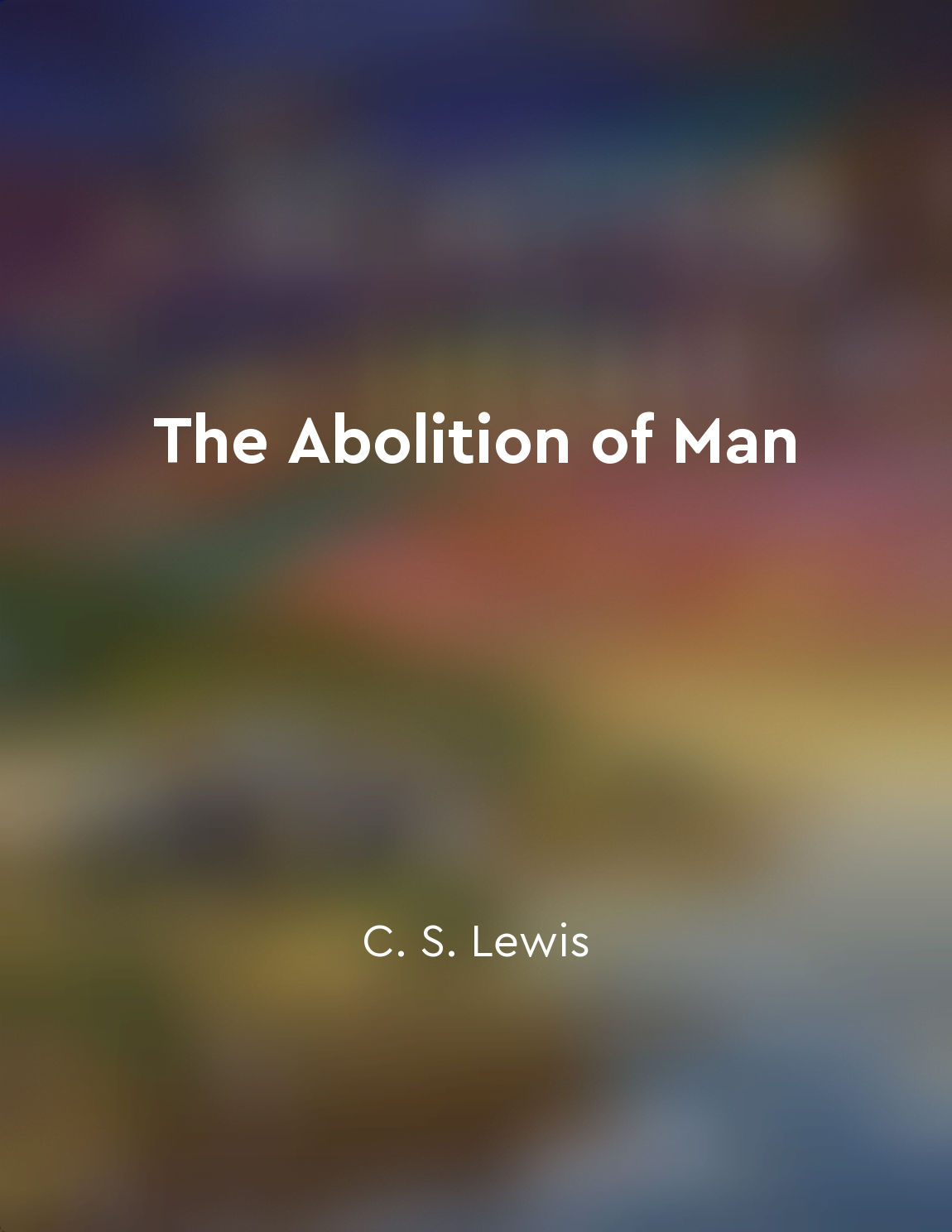Moral judgments are largely intuitive from "summary" of The Righteous Mind by Jonathan Haidt
Moral judgments, as I argue, arise from our intuitions rather than from a process of rational deliberation. When faced with a moral dilemma, people don't typically weigh the pros and cons of each option and come to a reasoned conclusion. Instead, they rely on their gut feelings - their immediate emotional responses to the situation at hand. These gut feelings are shaped by a complex interplay of factors, including our upbringing, cultural background, and personal experiences. Our intuitions about right and wrong are deeply ingrained within us, often stemming from our evolutionary history as social animals. This means that our moral judgments are not purely individualistic but are influenced by the norms and values of the groups to which we belong. In a sense, our moral intuitions act as a sort of moral compass, guiding us towards behaviors that are deemed acceptable by our society. This reliance on intuition in moral decision-making can be seen in various psychological experiments that I discuss in my book. For example, in the famous trolley problem, participants are asked to make a moral choice about whether to sacrifice one person to save five others. Rather than carefully weighing the consequences of each option, participants often make a gut decision based on their immediate emotional reaction to the scenario. Furthermore, recent research in neuroscience has shown that our moral judgments are closely tied to emotional centers in the brain. When we encounter a morally charged situation, our emotional responses kick in before our rational faculties have a chance to process the information. This suggests that our moral intuitions are deeply rooted in our emotional responses to the world around us.- The idea that moral judgments are largely intuitive challenges traditional notions of moral reasoning as a purely rational process. Instead, I argue that our gut feelings play a crucial role in shaping our moral beliefs and guiding our behavior. By understanding the role of intuition in moral decision-making, we can gain a deeper insight into the complexities of human morality.
Similar Posts

Atheists can find meaning and purpose in life without belief in God
Atheists may not believe in a higher power, but that doesn't mean they lack meaning and purpose in their lives. In fact, atheis...

Human relationships are fraught with power dynamics and conflicts
In the intricate web of human relationships, there exists a constant undercurrent of power dynamics and conflicts. These dynami...

Moral behavior is influenced by social norms
In every society, there are certain rules and expectations that govern how individuals should behave. These rules are not arbit...

The pursuit of pleasure does not always lead to lasting happiness
The pursuit of pleasure is a common goal for many people seeking happiness. We are often told that doing what feels good will b...

The Bible is not a reliable source of information about the world
The Bible, revered by many as a sacred text, is often viewed as a source of absolute truth. However, upon closer examination, i...
The mind is a complex and adaptive system
The mind is a complex and adaptive system that is constantly changing and evolving in response to the environment. It is not a ...

The influence of language on shaping values
Language plays a crucial role in shaping our values and beliefs. Through the words we use to describe the world around us, we n...
Reflecting on past decisions can lead to improved judgment
Reflecting on past decisions is a crucial aspect of enhancing judgment. When individuals take the time to review their previous...
Human consciousness is a mystery that science struggles to explain
The intricacies of the human mind have long been a source of fascination and wonder for scientists and philosophers alike. From...
Intelligence and social behavior are advantageous traits
In the struggle for survival, intelligence and social behavior play a crucial role in determining which individuals are more li...

